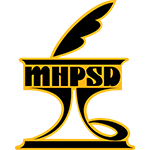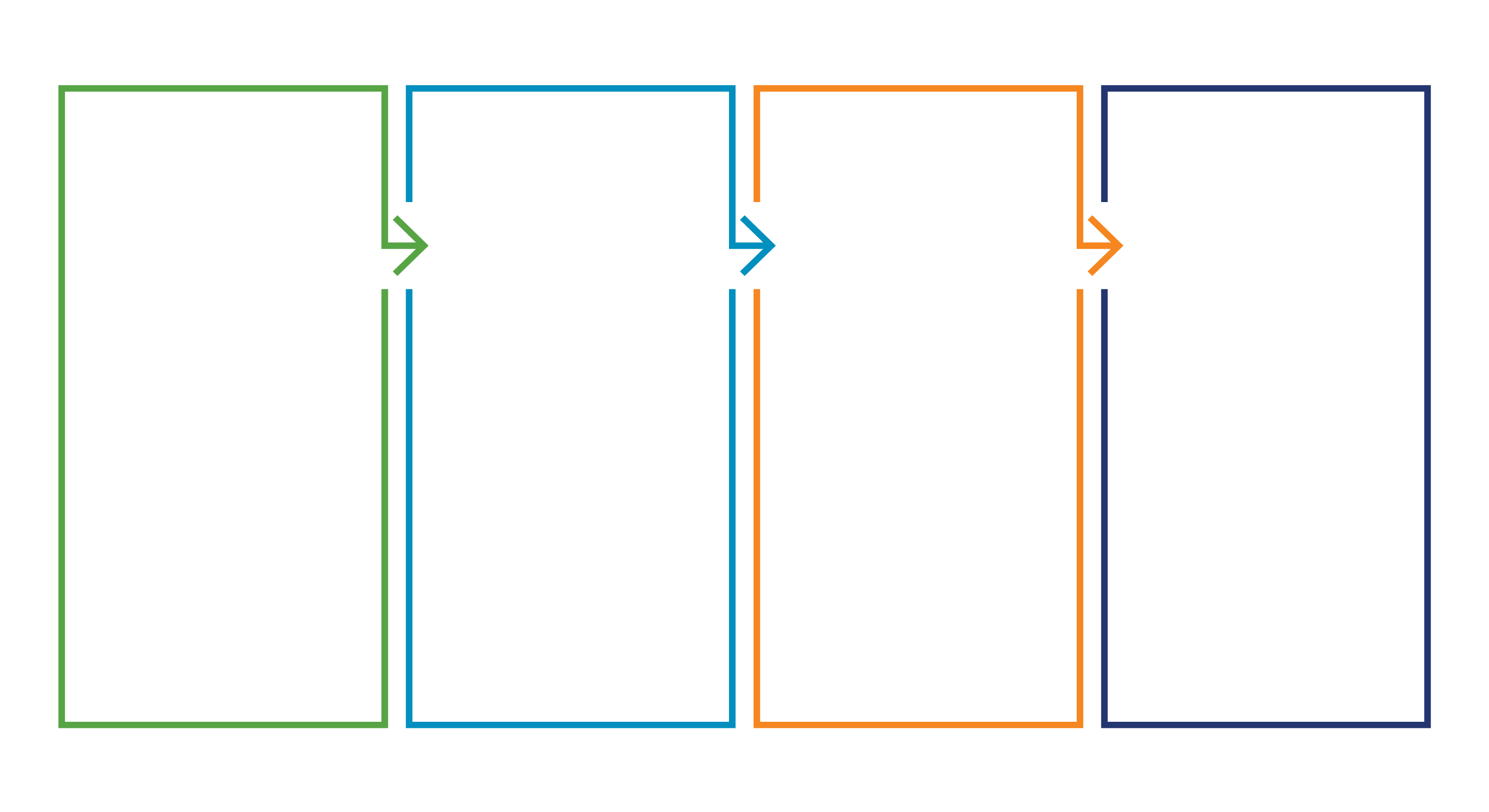Science of Reading
Transform Literacy Instruction
Our professional learning is built on the evidence-based approach to teaching, outlined in the 2000 National Reading Panel Report. The detailed research in the report alongside recent major scientific advancements into literacy acquisition have uncovered a large disconnect between how we are teaching children to read and how children actually learn to read. Only 70% of students leave school with the literacy skills to reach their full potential. We can change this by understanding and teaching the fundamental skills – phonological awareness, phonics, fluency, vocabulary and comprehension – that children must acquire to become fluent and efficient readers and the strategies that are most effective in teaching these skills.

COMPREHENSIVE
SELF-GUIDED
COST-EFFECTIVE
The flexibility of the course means that educators can enroll in the course when it fits their schedule and can begin applying principles immediately.
This professional learning will:
Outcome: Educators will learn about the science of reading and how to transform their classroom practice to improve literacy acquisition.
| Module 1. | The Simple View of Reading | Learn about the science of literacy and its impact on students’ progress in learning to read. |
| Module 2. | High-Yield Teaching Strategies | Find out how to deliver an active teaching lesson and five high yield teaching strategies. |
| Module 3. | How to Teach Coding Skills | Understand the domains of decoding skills and how they are critical for learning to read. |
| Module 4. | How to Teach Language Comprehension Skills | Learn about the role of language skills in reading acquisition and comprehension. Learn how to apply this knowledge in the classroom. |
Equip teachers with the skills they need to impact all students reading proficiency and empower them in supporting all students to thrive. Click here for information on our other Professional Learning Courses.
What Our Clients Say

“Really found the part(s) on decoding helpful and well done. I also found the Structured Literacy interesting and the related readings were great. Lots of new ideas to think about in relation to my context as grade 7-12 literacy coach.”


